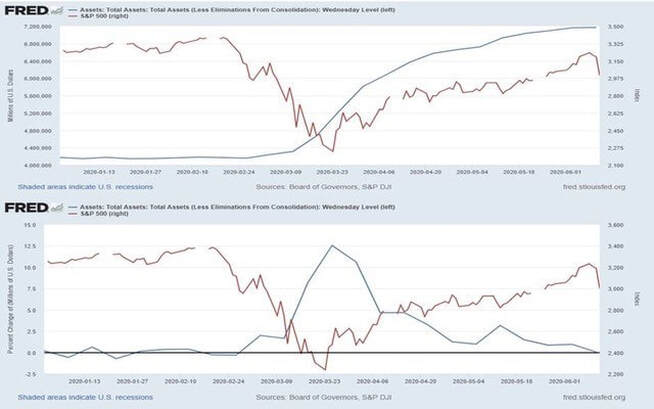Figure 1: Comparison of the Fed Balance Sheet with the S&P 500, Source: Fred, June 2020
*|MC_PREVIEW_TEXT|*
Comments are closed.
|
|
|
Stone Mountain Capital LTD is authorised and regulated with FRN: 929802 by the Financial Conduct Authority (‘FCA’) in the United Kingdom. The website content is neither an offer to sell nor a solicitation of an offer to buy an interest in any investment or advisory service by Stone Mountain Capital LTD and should be read with the DISCLAIMER. © 2024 Stone Mountain Capital LTD. All rights reserved. |














 RSS Feed
RSS Feed
